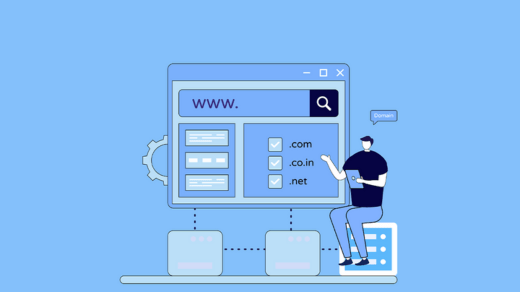For businesses looking to accommodate growth and expand their online presence, scalable hosting solutions offer the flexibility and resources needed to support increased traffic and demands. Here are 30 key points and the associated pros and cons of scalable hosting solutions:
1. Resource Allocation:
- Pros: Scalable hosting allows you to allocate resources as needed.
- Cons: Costs can increase with resource upgrades.
2. Performance Scaling:
- Pros: Increased performance to handle growing traffic.
- Cons: Requires monitoring and adjustments.
3. Traffic Spikes:
- Pros: Scalable solutions can handle sudden traffic increases.
- Cons: Scaling may not be instant and may require configuration.
4. Customization:
- Pros: Flexibility to customize resources and configurations.
- Cons: Requires technical expertise for advanced settings.
5. Cost Efficiency:
- Pros: Pay for resources as you use them, minimizing wastage.
- Cons: Costs can add up as your site grows.
6. Scalability Types:
- Pros: Various hosting types like cloud, VPS, and dedicated offer scalability.
- Cons: Choosing the right type can be complex.
7. Load Balancing:
- Pros: Distributes traffic to prevent overload.
- Cons: Requires a sophisticated setup and monitoring.
8. Auto-Scaling:
- Pros: Automated resource allocation based on demand.
- Cons: Some services may charge extra for auto-scaling.
9. Redundancy:
- Pros: Built-in redundancy to ensure high availability.
- Cons: May not be available in all scalable hosting plans.
10. Security Measures: – Pros: Scalable hosting often includes robust security features. – Cons: Costs can increase with enhanced security.
11. Content Delivery Networks (CDNs): – Pros: Integrated CDNs for faster content delivery. – Cons: May have limitations on CDN options.
12. Server Locations: – Pros: Access to data centers worldwide for better geographical coverage. – Cons: Limited control over server location.
13. Application Hosting: – Pros: Scalable hosting solutions support various applications. – Cons: Compatibility issues may arise.
14. Managed Hosting: – Pros: Managed scalability solutions ease resource allocation. – Cons: Managed hosting can be more expensive.
15. Control Panels: – Pros: User-friendly interfaces for resource management. – Cons: Limited control compared to manual configurations.
16. Backup and Recovery: – Pros: Regular backups and easy recovery processes. – Cons: May have limited retention periods.
17. Technical Support: – Pros: Comprehensive support for scaling issues. – Cons: Quality of support can vary among providers.
18. Data Center Quality: – Pros: Access to high-quality data centers. – Cons: Limited control over data center selection.
19. Server Management: – Pros: You have more control over server management. – Cons: Requires technical expertise.
20. Service Level Agreements (SLAs): – Pros: SLAs ensure reliability and performance guarantees. – Cons: Violations can still occur, leading to compensation.
21. Database Scaling: – Pros: Scalable hosting supports growing databases. – Cons: Database optimization may be required.
22. E-commerce Hosting: – Pros: Ideal for e-commerce businesses with fluctuating demands. – Cons: More costly than standard hosting.
23. SSL Certificates: – Pros: SSL certificates included for secure browsing. – Cons: Costs and certificate types may vary.
24. Website Speed: – Pros: Fast loading times enhance user experience. – Cons: Performance may vary among providers.
25. Technical Expertise: – Pros: Scalable hosting accommodates varying technical skill levels. – Cons: Inadequate expertise can lead to inefficient resource use.
26. Multi-Domain Hosting: – Pros: Scalable hosting often supports multiple domains. – Cons: Limited domain support in some plans.
27. Server OS: – Pros: Choice of operating system based on your technical requirements. – Cons: Compatibility and support may vary.
28. Cost Predictability: – Pros: Transparent pricing with predictable costs. – Cons: Costs can increase with resource upgrades.
29. DNS Management: – Pros: Control over DNS settings for domain management. – Cons: Limited DNS customization for some hosts.
30. Expert Guidance: – Pros: Access to experts for scaling strategies. – Cons: Costs may be higher due to expertise.
In conclusion, scalable hosting solutions are essential for growing businesses seeking to accommodate increasing traffic and demands. The main drawbacks include potential cost increases and the need for technical expertise for efficient resource allocation. Carefully evaluate these factors to determine if scalable hosting aligns with your website’s specific needs and your budget as your business expands.

